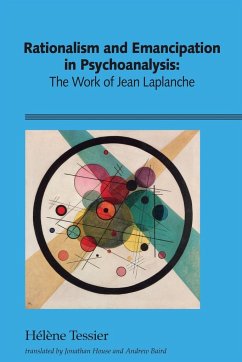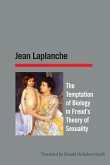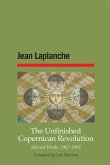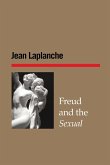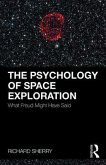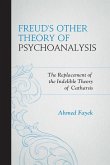The definition of psychoanalysis is a question largely hidden by cultural conditions that favor eclecticism. Demonstrating the importance of psychoanalysis can become meaningless if one does not specify what one means by "psychoanalysis." For instance, could we seriously argue that Lacanian approaches are examples of the same conception of psychoanalysis as that embodied in relational approaches based on attachment theory? Invoking the existence of a "common ground" of clinical practice is not convincing, unless one is persuaded that theory has no influence on practice. Analysts should not close ranks around the term "psychoanalysis" if it does not correspond to a shared reality. If such a reality does exist how can we judge whether it deserves our support? Laplanche's work has the merit of addressing these issues directly. It cannot be inserted into contemporary eclecticism. In fact, his thought involves a demand for coherence that makes it a polemical interlocutor of each of the principal contemporary orientations. We must choose how to define the psychoanalytic field and its principal concepts, but what criteria should determine our choices? Laplanche's thought falls within the rationalist tradition as can be seen in what Laplanche rightly considered his central contribution: The General Theory of Seduction and its links to the mode of action of psychoanalysis. The affiliation with rationalism constitutes one of the criteria that help establish this theory's validity. That is the thesis of this book.
Bitte wählen Sie Ihr Anliegen aus.
Rechnungen
Retourenschein anfordern
Bestellstatus
Storno

